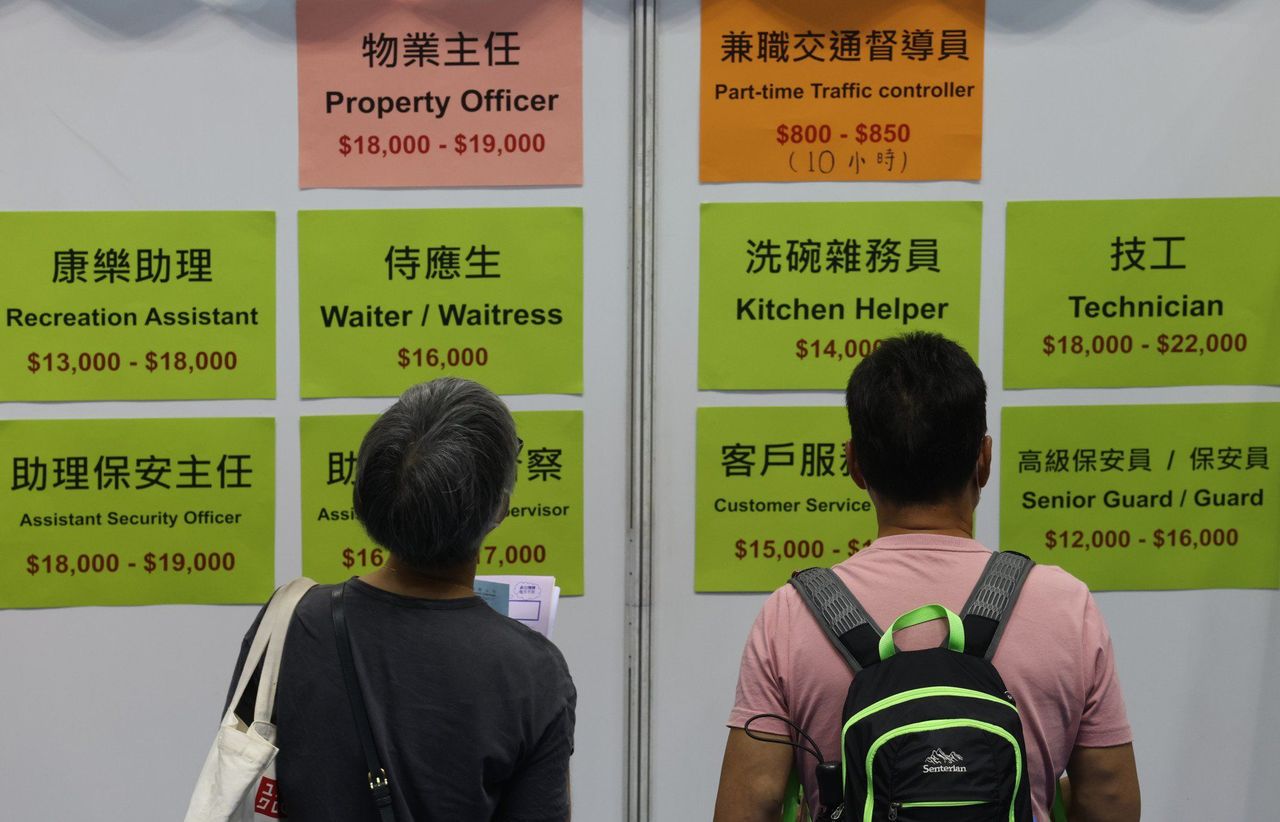Hong Kong News

The best thing we can give ex-offenders is worthwhile employment
Everyone deserves a second chance. Or do they? It is said that “to err is human, to forgive divine”.
Anyone living in Hong Kong in 2019 will remember the euphemistically titled “social unrest” and chaotic scenes from violent protests. About 3,000 protesters are facing trial or undergoing hearings, while 6,000 others are still waiting for their cases to be processed by police and have yet to be charged.
Because of delays and adjournment of judicial proceedings wrought by the pandemic, and the time required to investigate and amass evidence, many cases are still in limbo. I can understand how this might be disconcerting, though the judicial system’s “due process” does take considerable time.
Some people believe that the protesters should be held accountable for devolving the city into chaos and that they don’t necessarily deserve second chances. Others argue that the protesters, and especially the young, should be treated leniently and given second chances.
If the justice system were to treat the young protesters leniently, then what about the father who steals to feed his family? Would the elderly who commit crimes deserve the same consideration? Where does one draw the line for leniency?
The good thing about a rules-based society with rule of law is that the criminal justice system is supposed to be “blind”. Lady Justice’s blindfold means that rules are applied uniformly and justice is meted out objectively – without fear or favour – regardless of a person’s identity and social standing.
As a city though, how do we heal the rift in the fabric of our society and move on as a community? We need to find a way to, if not welcome, at least reintegrate former protesters and ex-offenders into our midst. One of the most effective ways to do this is through employment.
According to Harvard Business Review, studies show that employment is the single most important factor in reducing recidivism, or the tendency of a convicted criminal to reoffend. This makes sense intuitively, as those with a steady job have purpose in life, can provide for themselves and their family, contribute financially to the community, feel productive and therefore, are less likely to reoffend.
Hong Kong had a 21 per cent recidivism rate among all offenders discharged in 2019 (down from a 27 per cent rate in 2015), meaning that about one in five people were reconvicted and reimprisoned in correctional institutions within two years after discharge.
This compares favourably to some other countries, though it’s not something to be proud of. Similar data from Australia shows a 46 per cent reoffending rate. In New Zealand 70 per cent of ex-offenders are reconvicted within two years and 49 per cent reimprisoned after two years out, while in the US 44 per cent return to prison within their first year out.
Ex-prisoners face tremendous difficulties in obtaining employment post-release. Several factors contribute to this, including lack of necessary job skills and the reluctance of employers to hire candidates with criminal records. Employers are understandably nervous about hiring someone with a criminal record as ex-convicts tend to be stigmatised for their past criminality, with many seen as seen as irresponsible and untrustworthy.
 People view vacancies at a job fair organised by the Labour Department, in Mong Kok, on June 1, 2021.
People view vacancies at a job fair organised by the Labour Department, in Mong Kok, on June 1, 2021. If rehabilitated offenders have already served their time and shown remorse for their actions, we can acknowledge that their debt to society has been paid. Even Police Commissioner Raymond Siu believes that Hongkongers should give a second chance to teenagers who took part in illegal activities in 2019 and who now show remorse.
Of course, the ex-offenders also need to demonstrate an ability to support the efforts of our communities and strive to become upstanding members of society. Though it will be difficult and not without discomfort, reconciliation is not possible without compromise on all sides.
Perhaps the true test of a community’s character is not just giving second chances to saints, but also to sinners. Each and every one of us has an equal interest in our community, and thus each of us can play a part in healing it.
A criminal conviction is only one part of a person’s story. Perhaps we all need to try harder to emulate the divine and forgive, even if we cannot forget. After all, who among us has never been guilty of making bad choices?











